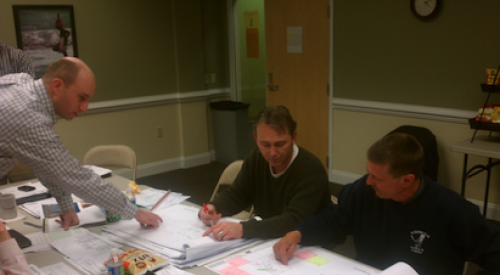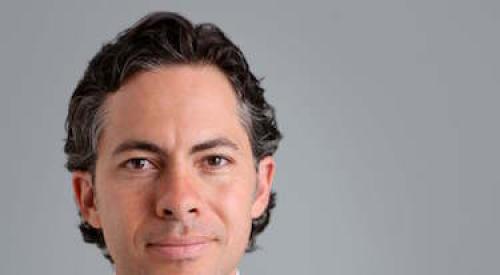Now, fast forward to today. Are the pressing issues of January 2000 the same as they were 12 months ago? Is there a more urgent situation that has supplanted the old? For me-for us-at Professional Builder, the most important issue is the same this year as it was last year and will be next year-providing you with the information you need to be more effective, more profitable builders. That challenge, this mission, will never change.
What has changed is how we fulfill that mission. In our effort to do our jobs better today than yesterday, we rediscovered something fundamental: Our unique proposition is our role as an informed information provider-not just as a magazine publisher. Our job is to deliver new ideas and useful information about this industry in as many ways as you want to receive.
Certainly, these printed pages are the best vehicle for informed analysis about trends in home building, but alone, they’re not the complete answer as we head into the next century. Mainly, they are not fast enough. Information is currency in today’s economy and its value changes over time. Some of it appreciates with age; some of it doesn’t. Our job is to deliver both to you when each is most valuable. To meet this obligation, we’ve created housingzone.com, the Internet site zoned for housing.
We know that to meet the opportunities and challenges of today we cannot use yesterday’s answers. I suspect your business is no different. The challenges of the year ahead most likely will mirror those of the 12 months just past, but the answers of the past won’t work to solve the same problem today.
What’s more, in today’s economy, you have less time to analyze and study a situation thoroughly and then develop a comprehensive strategy to address it. Hence, this month’s cover feature, Think Fast. Do you remember that line from your playground days? A friend would yell, "Think fast!" just as he or she launched a ball at your head. You had a split second to get your hands up to catch the speeding projectile before it nailed you. Ducking was the other alternative, but exercising that option opened the door to a lot of teasing and taunts. It was far better to get nailed while at least trying to catch the ball.
It is no easier today to force new thinking about an old situation than it was to get your hands around that speeding ball oh so many years ago. Forcing your mind to explore new approaches to familiar situations is the toughest part of any job. The familiar is so comfortable that it becomes the de facto right way whether it is or not.
Creating a mind-set and an environment where new thinking is encouraged and expected is hard at every level, but especially in those organizations and in those managers that have tasted success. In these companies and for these individuals the temptation to stay the course, to do what has worked before, is very strong. For them, risk means trying a different approach, be it building a new product, compensating employees in a new way, structuring land deals differently or altering a selling strategy.
In contrast, those who have failed before often are willing to take the biggest risks. What was tried before didn’t work, so how much worse can something different be in comparison? These companies, be they big or small (though small is much more common), may stumble in their experiments-or they may succeed. No matter the outcome, these organizations and entrepreneurs will likely find a new model that upsets the standard and those that hold it dear. Someone is going to redefine the home building business in the next century, and when it happens those who witness it will say what generations have said before, "It’s so obvious. Why didn’t I think of that?"
Think fast and you might.
Also See:












